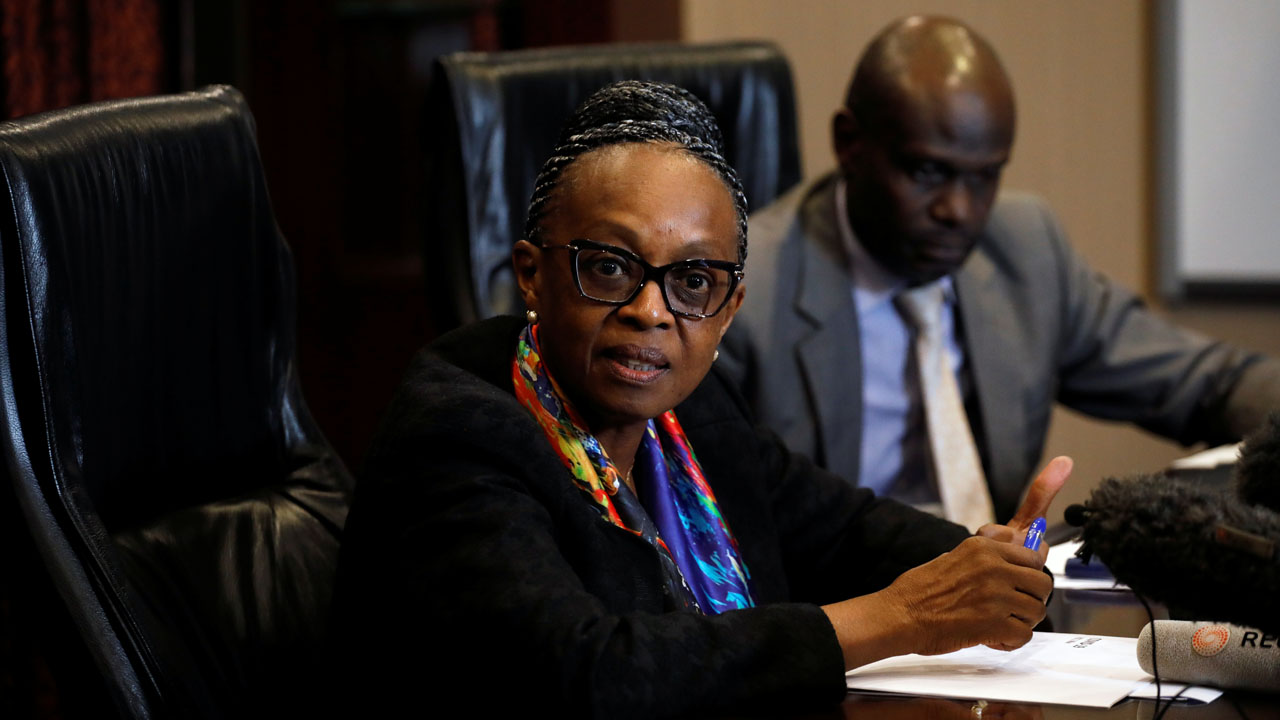
World Health Organisation (WHO), yesterday, said Africa recorded 1,821 monkeypox cases in 13 countries, with 109 laboratory-confirmed infections in nine countries as at June 28, 2022.
At a virtual press conference, the global agency said the number of confirmed cases accounts for two per cent of the more than 4,500 confirmed cases worldwide. It, however, said there are a large number of suspected cases in the region, 81 per cent of which are in the Democratic Republic of the Congo (DRC), underlining the need for increased diagnostic capacity.
WHO Regional Director for Africa, Dr. Matshidiso Moeti, hosted the event, with former president of Nigerian Academy of Science (NAS) and professor of Virology, Redeemer’s University, Ede, Osun State, Oyewale Tomori and Prof. Justin Masumu of the National Pedagogical University, DRC, joining her.
Other officials from WHO Regional Office for Africa were: Team Lead, Emergency Operations, Dr. Fiona Braka; Regional COVID-19 Incident Manager, Dr. Thierno Balde; Technical Officer, Belinda Herring; Technical Officer, Tieble Traore and Medical Officer, Jason Mwenda.
Also, WHO said outside the six countries in Africa with a history of human transmission, monkeypox has also been reported in three nations, which previously had no case. They include Ghana, Morocco and South Africa, which have confirmed the disease in two patients with no travel history, suggesting there is a high possibility of local transmission.
With this new development, the health body said it was working with relevant authorities to boost surveillance and laboratory diagnosis for detection and curtailment of the disease.
Moeti said: “The geographic spread of monkeypox to parts of Africa where cases have never been detected before is a worrying sign. It is critical that we support national efforts to boost surveillance and laboratory diagnosis, which are the cornerstones of disease control”
To deepen analysis of the ailment’s transmission patterns, WHO is supporting countries to capitalise on the improved genomic sequencing capacity built during the COVID-19 pandemic. Currently seven countries could sequence the monkeypox virus.
The organisation has reports from South Africa and Nigeria, indicating that both nations had sequenced 300 samples since January this year, including analyses from other nations. This is more than double all the samples sequenced the previous years.
Most samples sequenced were from the West African clade. The sequencing done so far shows that there was no recent linkage between what is circulating in Europe and Africa.
WHO said many years of research have led to development of new and safer (second- and third-generation) vaccines for smallpox, some of which might be useful for monkeypox, even as one of them (MVA-BN) had been approved for prevention of the illness, though supplies are limited.
The body is working closely with member-states and partners to define what type of coordination mechanism could be put in place for fair access to vaccines. There are many regulatory, legal, operational, technical and other issues to clarify before an allocation mechanism is fully operational.
With limited vaccines and antivirals, WHO does not recommend mass vaccination for monkeypox, but rather targets vaccination for people who have been exposed or at high risk, including health workers, laboratory personnel and outbreak team responders.






